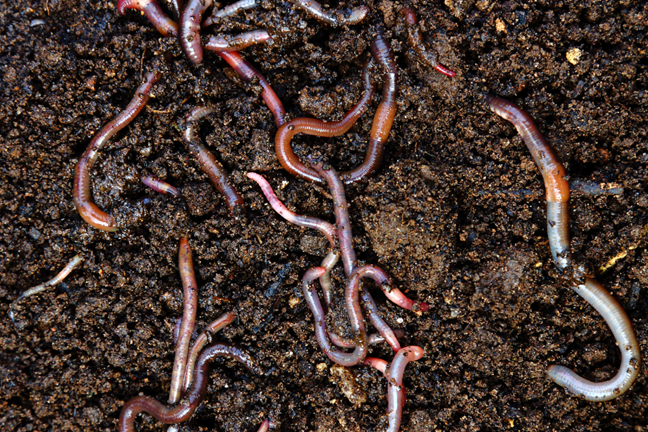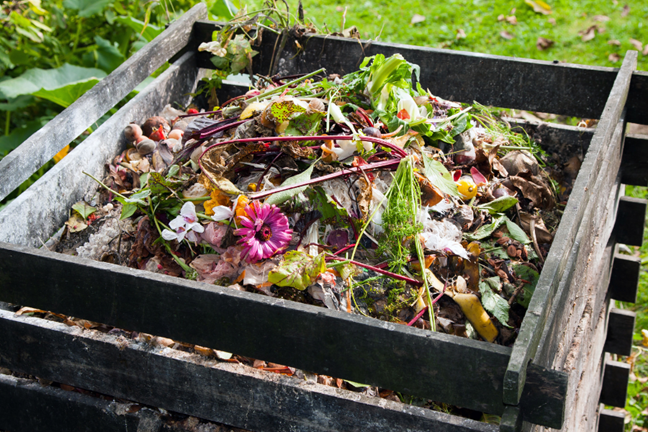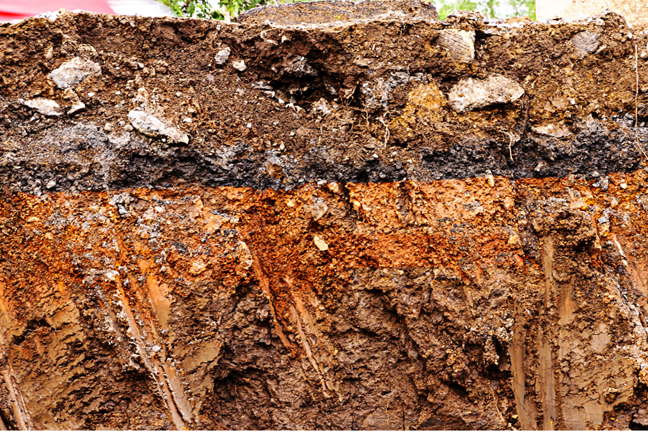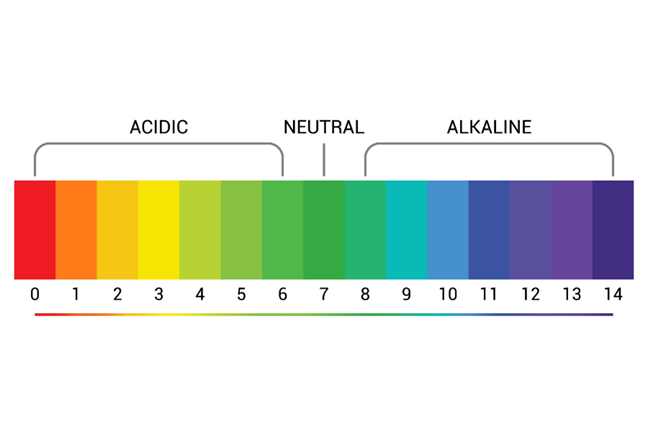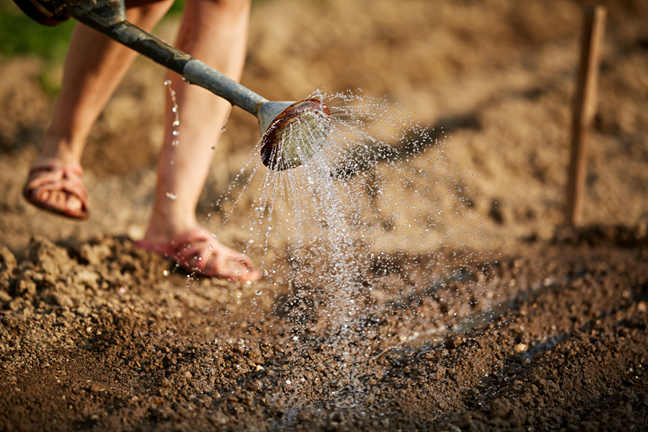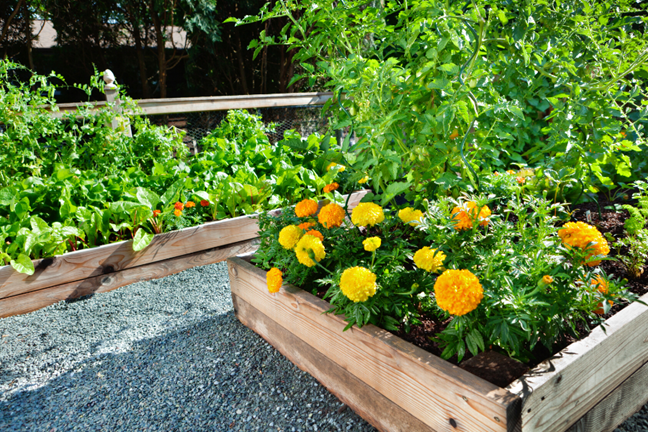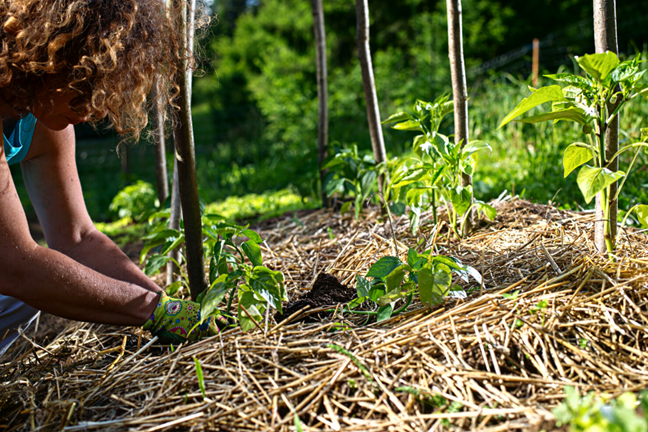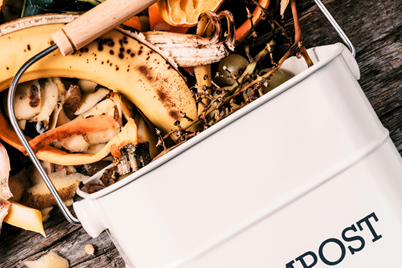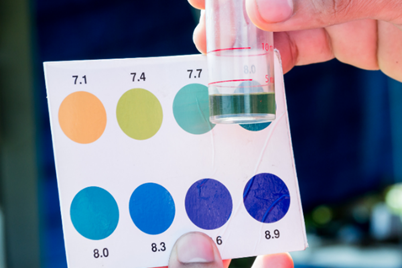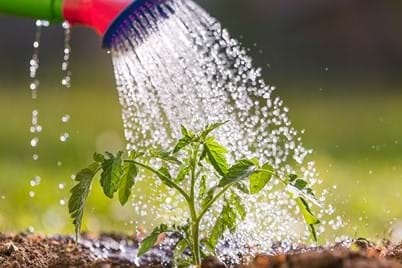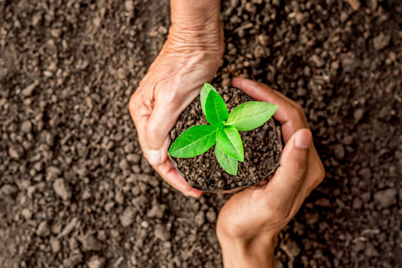Clay soil contains closely packed small particles. This can make it difficult for plant roots to grow and moisture to move through the soil. When clay soil is too wet or dry, it can also be hard to dig.
An effective way to improve clay soil is to use a soil conditioner like Yates Gypsum Clay Breaker Soil Improver Granules. It contains a blend of gypsum, zeolite, lime and molasses and is designed to help break up clay and hard-to-dig soil. The granules are easy to handle and apply and are less messy and dusty than traditional gypsum powders.
Apply gypsum at a rate of 260 g per square metre. Ensure you incorporate it into the topsoil and water in well.
Adding organic matter also helps to improve clay soil. Soil organic matter helps bind clay particles into crumbs and opens up the structure. This allows easier root growth and better aeration and drainage. Add organic matter to clay soils by mixing Yates Dynamic Lifter Soil Improver & Plant Fertiliser into the soil whenever planting. Yates Dynamic Lifter can also be applied around the root zone of existing plants. This should be done several times a year to top up the organic matter levels in the soil. The earthworms that feed on organic matter also help to aerate and loosen clay soils, via the tunnels they create and their excretions (casts).
It’s important to note that clay soil should not be dug when it’s wet, as this can adversely affect the structure.
Avoid planting directly into very clayey soil as many plant roots will rot. However, if you still wish to plant in that same spot, bring in garden mix to raise the soil level up. This can be done as a raised garden bed, or a gently sloping mound. Trees need at least 45 cm deep soil and most other plants will need 35 cm. Lawns need at least 15 cm deep soil but don't use garden mix, get a sandy-loam turf underlay mix instead.



